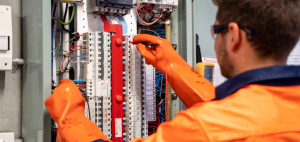
Dangerous DIY Electrical Fixes That You Must Never Attempt
Security is a fundamental need for every home and business. Installing a monitored security system is one of
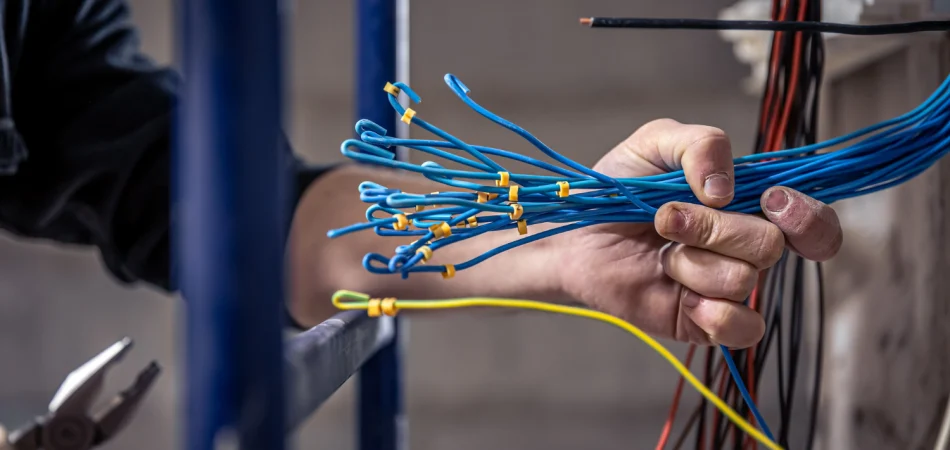
Electrical wiring represents one of the most critical yet often overlooked infrastructure investments in any property. For homeowners across the Hawkesbury region, Hills District, and Penrith, understanding the profound impact of regular maintenance on electrical system longevity can mean the difference between decades of reliable service and costly emergency replacements.
The unique environmental challenges faced by properties in these areas, from Hawkesbury’s rural humidity and dust to Penrith’s extreme temperature variations and the Hills District’s bushfire-prone conditions, place additional demands on electrical systems that make proactive maintenance not just beneficial, but essential for safety and financial protection.
Electrical wiring degradation occurs through multiple simultaneous processes that compound over time, creating invisible threats that can compromise safety and system reliability. The copper conductors within electrical cables gradually oxidise when exposed to moisture and air, whilst insulation materials slowly break down due to heat cycling, UV exposure, and chemical interactions with environmental contaminants.
Professional electrical wiring maintenance goes far beyond simple visual inspections, encompassing comprehensive testing procedures that identify problems before they become dangerous or expensive failures.
Domestic electrical systems face unique challenges that differ significantly from commercial or industrial installations, requiring maintenance approaches specifically designed for residential environments.
Professional maintenance ensures these systems can safely accommodate evolving electrical demands whilst maintaining optimal performance.
The diverse environmental conditions across Hawkesbury, Hills District, and Penrith create specific challenges that impact electrical wiring longevity and maintenance requirements. Understanding these regional factors helps property owners appreciate why generic maintenance approaches often prove inadequate for local conditions.
Modern homes increasingly incorporate smart technology that requires sophisticated electrical infrastructure supporting high-frequency data transmission alongside traditional power delivery. Maintaining these integrated systems ensures optimal performance whilst preventing interference between different technological systems.
The financial benefits of regular electrical wiring maintenance significantly outweigh the costs when calculated over typical system lifespans. Preventative maintenance programs typically cost a fraction of emergency repairs whilst providing the added benefits of improved safety, reliability, and energy efficiency.
Electrical systems that demonstrate a professional maintenance history benefit property value, particularly in areas like the Hills District, where buyers expect premium infrastructure. Regular maintenance documentation provides valuable evidence of property care that supports market value during sales transactions.
Australian electrical safety regulations continue evolving to address emerging safety concerns and technological advances, making regular professional maintenance essential for ongoing compliance. Properties that fail to maintain current safety standards face potential legal liability in addition to increased safety risks.
Compliance benefits of professional electrical maintenance:
Professional maintenance also provides documentation that demonstrates property owner diligence in maintaining safe electrical systems, which can be crucial in insurance claims or legal situations involving electrical incidents.
Ready to protect your electrical investment with professional maintenance that extends system life and ensures safety, contacting Index Electrical for comprehensive electrical wiring maintenance is a wise solution.
Serving the Hawkesbury, Hills District, and Penrith communities as a trusted family-owned electrical contractor, Index Electrical combines decades of local experience with cutting-edge technical expertise to deliver comprehensive electrical solutions.
Don’t wait for electrical problems to become expensive emergencies. Schedule your professional electrical assessment with us now and secure decades of reliable, safe electrical service!
Most modern wiring lasts 50–70 years, but older wiring may wear out much sooner and often needs replacement for safety.
Signs include flickering lights, frequent trips, buzzing sounds, warm outlets, or unusual burning smells around switches.
Regular check-ups spot small issues early, keep your home safe, reduce fire risks, and help wiring last much longer.
Experts suggest an inspection every 3–5 years, or sooner in older homes, to keep wiring safe and working well.
Homeowners can look for loose outlets, frayed wires, or unusual smells, but all repairs should be done by a licensed electrician.
Yes, newer copper wiring lasts longer, while older types like aluminum or knob-and-tube often need more care or replacement.

Security is a fundamental need for every home and business. Installing a monitored security system is one of

Security is a fundamental need for every home and business. Installing a monitored security system is one of
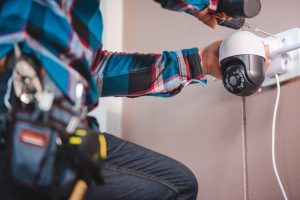
In today’s world, keeping your property secure requires more than just a locked door. Whether you’re at home
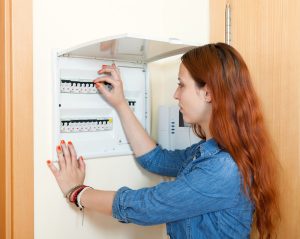
In today’s connected world, our homes rely more than ever on stable electricity to power everything from essential
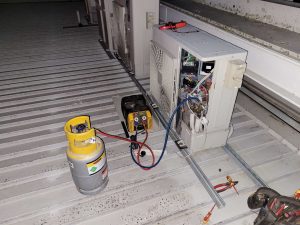
Electricity is a fundamental part of our daily lives, powering everything from household appliances to business operations. However,
We are a family-owned electrical company providing premium electrical services to residents of Blacktown, Parramatta, Penrith, and the surrounding areas of the Hawkesbury region, Blue Mountains, and The Hills District.